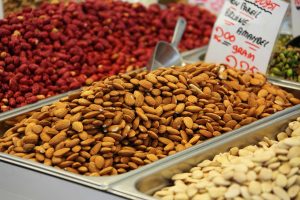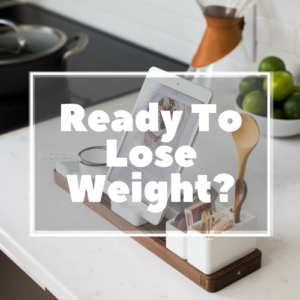You may be wondering what do vegetarians eat for protein? As part of a healthy diet protein is essential. As a vegetarian it may seem difficult to get the amount of protein that you need if you’re not sure which foods are rich in protein.
Why do we need protein?
Protein is vital when it comes to the repair of damaged cells as well as for building new cells. Protein is also crucial when it comes to building our bones, muscles, and tissue, so it is clear why our bodies need protein.
What amount of protein do we need each day?
On average, it has been suggested that women should aim to consume around 40 g of protein every day, and for men, around 55g of protein every day.
What do vegetarians eat for protein?
As a vegetarian you will not be eating some food groups including fish or meat and for this reason you may feel that when it comes to protein, your options are limited. This however is not the case as there are many food sources that you can eat which are full of protein.
- Nuts and Seeds
These are perfect as a snack and contain protein as well as essential facts. Flaxseeds, cashews, chia seeds and almonds are particularly rich in protein. For example, if you consume 30 g of almonds, you will obtain 6 g of protein.
- Grains and Pulses
Pulses, beans and lentils are very good source of protein. For example, 9 g of protein can be found in 100 g of boiled lentils. These lentils can be used to bulk up casseroles, stews and soups. Also, opt for kidney beans, black beans and chickpeas to increase your protein consumption. Grains such as quinoa, rice, barley and oats can also increase your protein intake.
In fact, quinoa is a plant source that is regarded as complete protein, so therefore it contains all nine of the crucial amino acids. A good breakfast idea would be a 50 g bowl of porridge oats, which have been made with milk, and this breakfast provided 2 g of protein.
- Soy Protein
This is a very versatile source of protein as it can be made into different forms of food. For example, tofu which is made by using the curds of soy milk. Tofu also comes in various forms including firm, extra firm or silken. It is a great source of protein, which is low calorie. 8 g of protein can be obtained from 100 g of firm tofu. Soy beans can also be eaten as they are or turned it into milk on miso. Soya beans themselves contain approximately 15 g of protein per hundred grams.
- Eggs
Eggs are an inexpensive and easy source of protein. One boiled egg contains around 7 g of protein and can be used as part of breakfast or for lunch. Another advantage to eggs is that they are low in calories and easy to digest.
- Dairy Products
Dairy products are not only a good source of calcium, they are all also an excellent source of protein. 25 g of protein can be found in 100 g of cheddar cheese and 3 g of protein can be found in 100 g of cow’s milk. If calories or saturated fats are a concern then opt for low-fat options.
Almond or hazelnut milk is a source of protein for those on a vegan diet; however, it is worth bearing in mind that soy milk contains the same amount of protein as cow’s milk whereas almond and hazelnut milk do not. An easy way of including protein into your diet is it by adding a spoonful of Greek yoghurt to smoothies, cereal or muesli, as Greek yoghurt contains 6 g of protein for everyone 100g.
Specific Vegetarian Meal Ideas
Below is a breakdown of a few foods that are high in protein and can be eaten as a meal or part of a meal:
Breakfast:
- Tofu scramble
- Porridge
- Whole-wheat toast with nut/seed butter.
Lunch:
- Lasagne made from tofu
- Tacos made from black beans
- Sandwich made using hummus
- Lentil salad
- Veggie burger
Dinner:
- Tofu stir fry
- Dahl
- Chilli
- Enchiladas
- Curry
Snacks:
Roasted nuts/seeds
- Homemade granola bar
- Hummus
- Roasted Edamame
By now we are sure that you will be a lot clearer on what do vegetarians eat for protein and that being a vegetarian does not mean you will struggle to find foods which contain a good source of protein.

